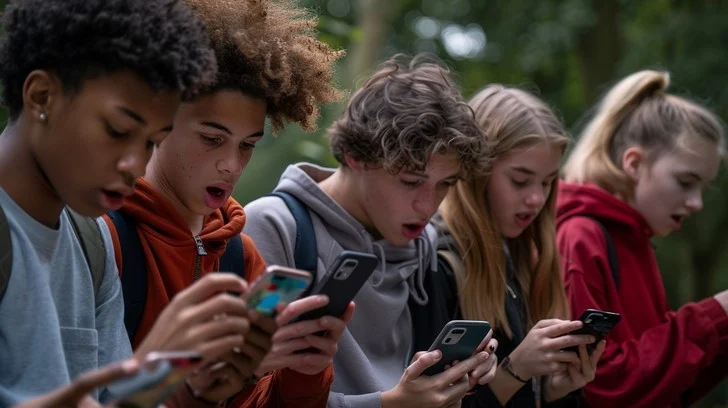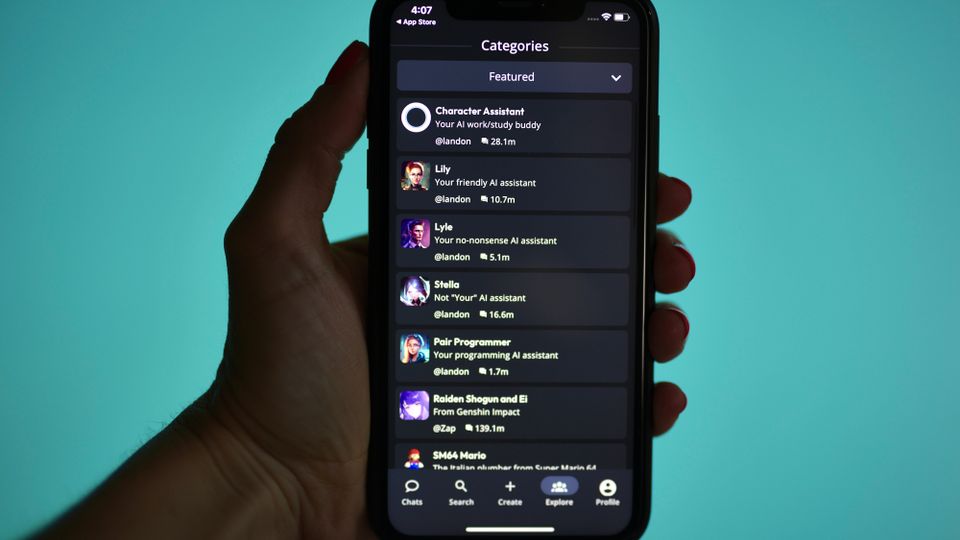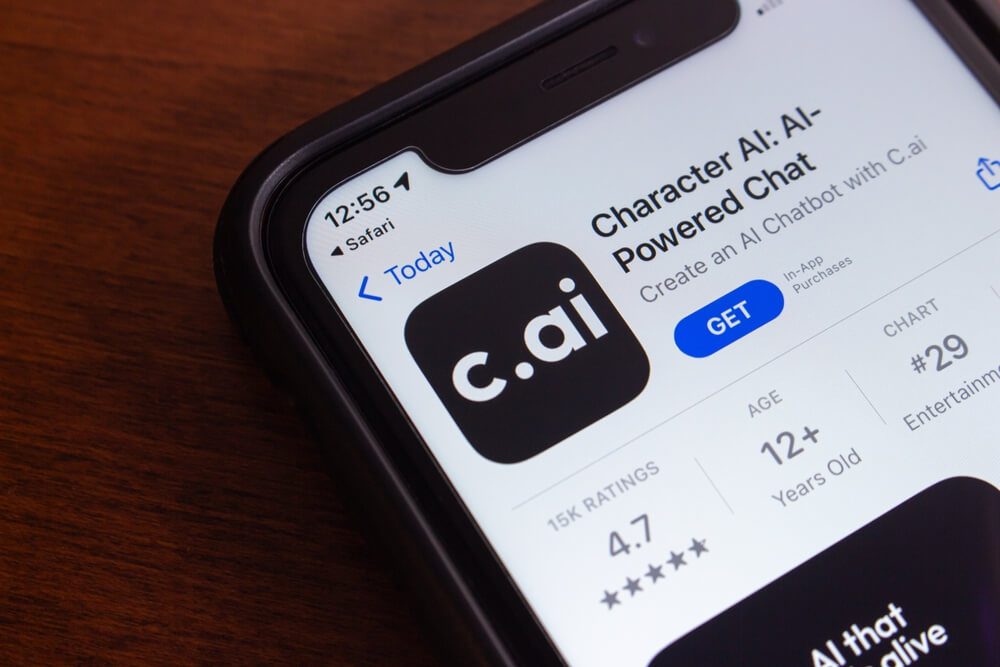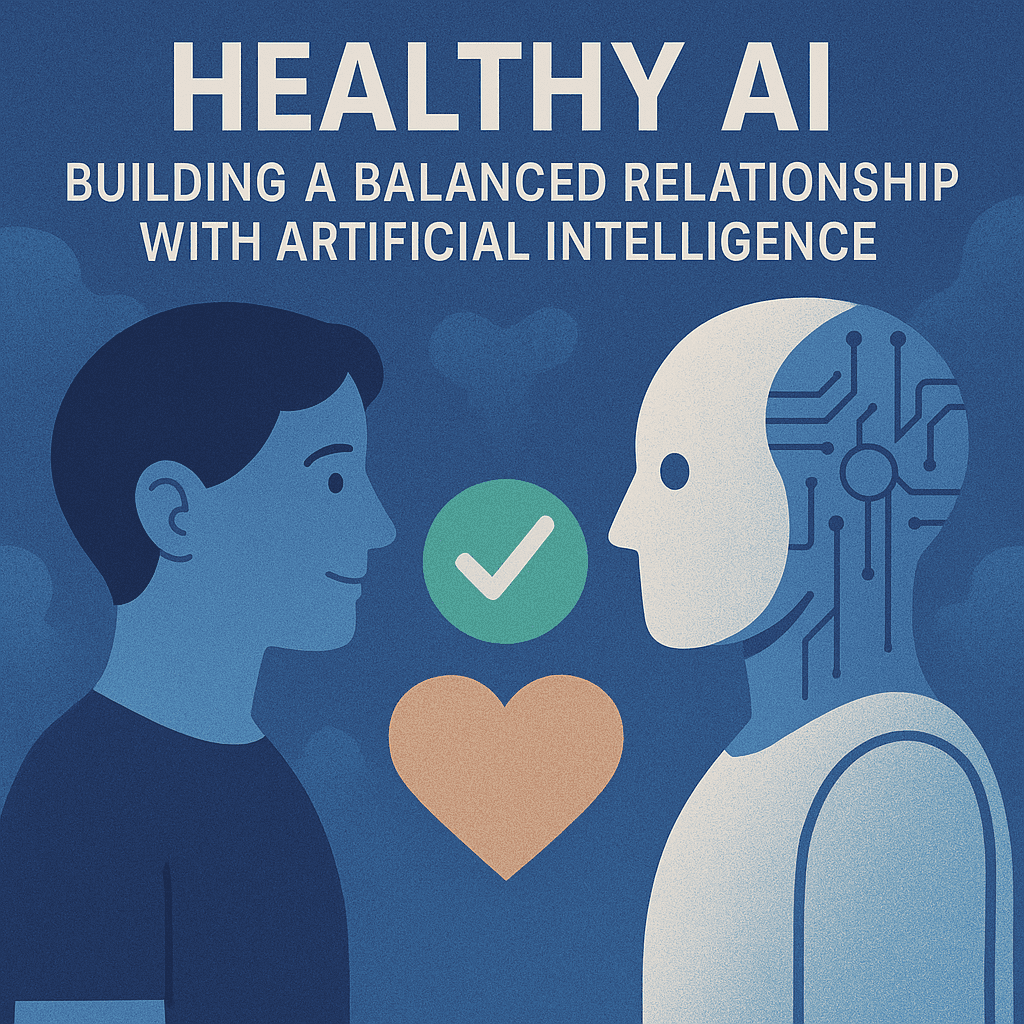The Irony of Using AI to Understand Why AI Is Addictive
There’s something deeply ironic happening in neuroscience right now. Researchers are using artificial intelligence to build unprecedented models of how addiction works in the brain – analyzing electrical signals, chemical patterns, neural circuit activity with a precision that human analysts could never achieve. And what they’re discovering about addiction mechanisms? It perfectly explains why AI […]
The Irony of Using AI to Understand Why AI Is Addictive Read More »







